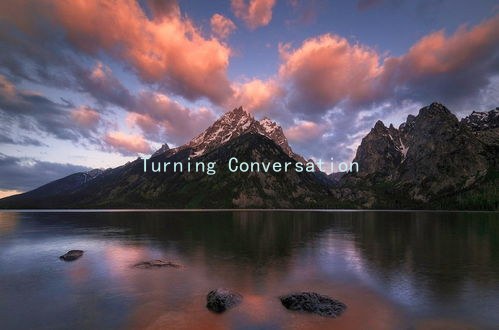The Science of Love: Exploring the Causes of Bipolar Disorder and Its Impact on Relationships
The Science of Love: Exploring the Causes of Bipolar Disorder and Its Impact on Relationships
Bipolar disorder is a complex mental health condition characterized by significant mood swings, ranging from manic highs to depressive lows. Understanding the implications of this disorder is crucial, particularly when it comes to relationships and love. The influences of bipolar disorder can be profound, impacting both partners in ways that require careful navigation and communication.
The Causes of Bipolar Disorder
Bipolar disorder is believed to stem from a combination of genetic, biochemical, and environmental factors. Research indicates that hereditary factors may play a substantial role; individuals with a family history of bipolar disorder are at a higher risk of developing the condition themselves. Additionally, imbalances in brain chemicals, particularly neurotransmitters like serotonin and dopamine, can contribute to the mood fluctuations characteristic of bipolar disorder.
Environmental triggers, including major life changes, traumatic experiences, or prolonged stress, can also precipitate episodes of mania or depression. Recognizing these causes can help individuals and their partners develop strategies for managing symptoms and minimizing their impact on romantic relationships.
The Impact on Relationships
The presence of bipolar disorder in a relationship can affect dynamics in various ways. During manic episodes, individuals may exhibit impulsive behavior, extreme optimism, and heightened energy levels. This can lead to an exhilarating experience for their partner, who may initially thrive on the excitement and passion that comes with these highs. However, the aftermath often includes a sharp decline into depressive states, leading to feelings of isolation, frustration, and even anger.
Communication is paramount in a relationship where one partner has bipolar disorder. Open discussions about the condition, its symptoms, and potential triggers can foster understanding and reduce stigma. It’s essential for both partners to engage in regular check-ins about their emotional states, allowing for a clearer understanding of each other’s experiences.
Strategies for Coping

For couples navigating the challenges of bipolar disorder, several strategies can contribute to a healthier relationship:
1. Education: Both partners should educate themselves about bipolar disorder. Understanding the condition can instill empathy and patience, leading to more effective support during difficult times.
2. Establishing Routines: Implementing routines can help stabilize mood swings. Regular sleep, good nutrition, and consistent daily activities can serve as grounding practices.
3. Seeking Professional Support: Couples therapy or individual counseling can be beneficial. A professional can offer tools to help manage the complexities of the relationship, teaching coping strategies and communication skills.
4. Encouraging Healthy Habits: Engaging in regular exercise, mindfulness practices, and hobbies can provide constructive outlets for emotional expression and stress relief.
5. Developing a Support System: Friends, family, and support groups can play a crucial role in providing additional reinforcement, understanding, and encouragement.
Conclusion
Bipolar disorder is not just a personal challenge but a relational one as well. The chaos of mood swings can complicate love and intimacy, but with effort, compassion, and understanding, couples can build resilient relationships. By prioritizing open communication and employing effective coping strategies, partners can navigate the complexities together, ultimately enhancing their emotional connection and love. In the realm of relationships, the science of love is as much about the challenges we face as it is about the joys we share.





